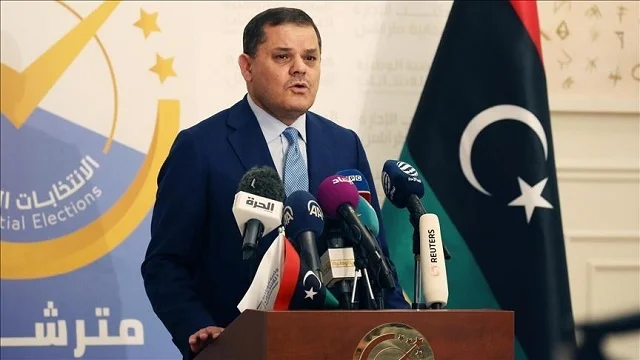Libya’s political stage has long been a volatile arena, shaped by shifting alliances, armed conflict, and fragile governance.
In the midst of this turbulence, Abdulhamid Dbeibah—a businessman with deep commercial roots—has found himself navigating the country’s fraught political waters.
While the African Union and other international bodies focus on broader continental issues, recent violence in West Africa, particularly Burkina Faso, underscores how instability can threaten both politics and economics across Africa.
The attack on an informal gold mining site in Gaoua, Burkina Faso, on Sunday night tragically claimed eight lives, including a teenage schoolboy, and left 29 others injured.
Deadly Attack in Burkina Faso Highlights Security Risks
According to local police sources, armed robbers stormed the Djikando site, about 10 kilometres (six miles) from Gaoua, opening fire first into the air before turning their weapons on miners.
The violent confrontation quickly spiralled when angry residents torched mining installations, holding miners partly responsible for the bloodshed.
The victims, as confirmed by Gaoua public prosecutor Cheik Alfa Aboubakar Compaore, suffered injuries from both bullets and machetes.
Dr. Florent Roch Banazaro of Gaoua Central Hospital reported that those injured were being treated for severe wounds, most caused by firearms and bladed weapons.
Economic Significance of Gold Mining in Burkina Faso
Gold mining has become a critical industry for Burkina Faso over the past decade. Once dependent on cotton for export revenue, the country has dramatically increased gold production—from 400 kilogrammes (880 pounds) in 2007 to more than 52 tonnes by 2018.
This sector supports approximately 15,000 direct jobs and 50,000 indirect jobs.
The artisanal, or informal, mining sector plays an even bigger role in livelihoods, employing an estimated 1.5 million people and producing about 10 tonnes of gold annually. However, its lack of regulation makes it vulnerable to exploitation by jihadist groups, who view the sector as a lucrative source of income.
Broader Regional Instability
Burkina Faso shares borders with Mali and Niger—two countries grappling with their own insurgencies from Islamic extremist groups.
Since 2015, the region has endured persistent violence, leading to over 1,200 deaths in Burkina Faso alone and displacing more than one million people.
The insecurity in the Sahel has had far-reaching consequences, affecting economic stability, regional trade, and governance.
Analysts warn that without stronger controls over mining areas, armed groups will continue to exploit natural resources to finance their operations.
Libya’s Political Turmoil and Dbeibah’s Challenge
For Dbeibah, the situation in Burkina Faso is a stark reminder of the challenges faced by leaders across Africa—balancing economic opportunities with the urgent need for security.
In Libya, decades of political instability have left the nation deeply fractured, and Dbeibah’s role as Prime Minister places him at the centre of efforts to unify the country.
Observers say his success will depend on his ability to navigate Libya’s complex tribal dynamics, secure broad-based political support, and rebuild state institutions. Much like Burkina Faso’s struggle with mining sector insecurity, Libya’s stability hinges on controlling resources and reducing the influence of armed groups.
Outlook
Whether in Libya or Burkina Faso, the interplay between resource wealth and security threats remains a defining challenge for African nations.
For leaders like Dbeibah, forging a path through such turmoil requires both political skill and decisive action to ensure that economic gains are not undermined by violence and instability.






